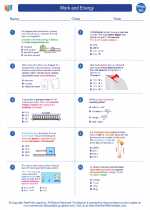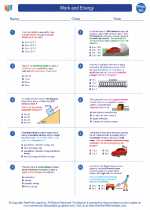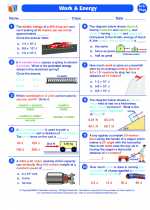Insects
Insects are a class of invertebrates in the phylum Arthropoda, characterized by their six-legged body structure and three main body parts: head, thorax, and abdomen. They are the most diverse group of animals on Earth, with over a million described species and many more yet to be discovered.
Anatomy of Insects
Understanding the anatomy of insects is crucial in studying their behavior and biology. The three main body parts of insects are:
- Head: Contains the brain, compound eyes, antennae, and mouthparts.
- Thorax: Consists of three segments, each bearing a pair of legs, and in most winged insects, one or two pairs of wings.
- Abdomen: Houses vital organs such as the digestive, reproductive, and respiratory systems.
Life Cycle
Insects undergo complete metamorphosis or incomplete metamorphosis, depending on the species. The life cycle generally includes the following stages:
- Egg: The first stage of the life cycle, where the female insect lays fertilized or unfertilized eggs.
- Larva: The newly hatched, often worm-like stage, where the insect undergoes rapid growth and development.
- Pupa: A non-feeding, inactive stage during which the larva transforms into an adult through metamorphosis.
- Adult: The final stage where the insect is sexually mature and capable of reproduction.
Ecological Importance
Insects play a vital role in various ecosystems as pollinators, decomposers, and as a food source for other animals. Understanding their ecological importance is crucial for maintaining the balance of natural ecosystems.
Study Guide
To study insects effectively, consider the following points:
- Learn the basic anatomy of insects, including the structure and function of different body parts.
- Understand the classification and diversity of insects, including the major orders such as Coleoptera, Lepidoptera, Hymenoptera, and Diptera.
- Study the life cycle of insects, including the different types of metamorphosis and their significance in insect development.
- Explore the ecological importance of insects and their interactions with other organisms in various ecosystems.
- Engage in field observations and experiments to understand insect behavior, feeding habits, and ecological roles.
By mastering these concepts, you will gain a comprehensive understanding of insects and their significance in the natural world.
.◂Physics Worksheets and Study Guides High School. Work and Energy

 Worksheet/Answer key
Worksheet/Answer key
 Worksheet/Answer key
Worksheet/Answer key
 Worksheet/Answer key
Worksheet/Answer key
